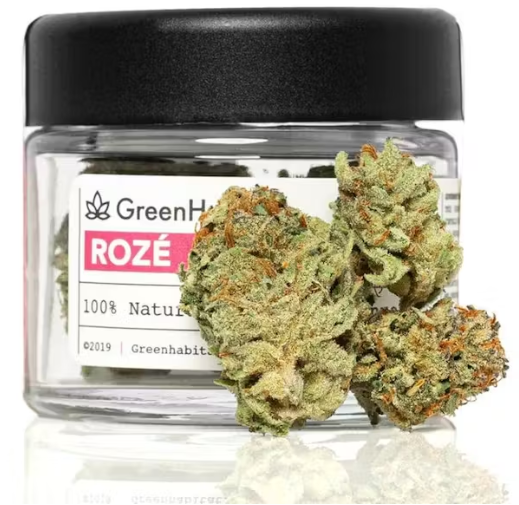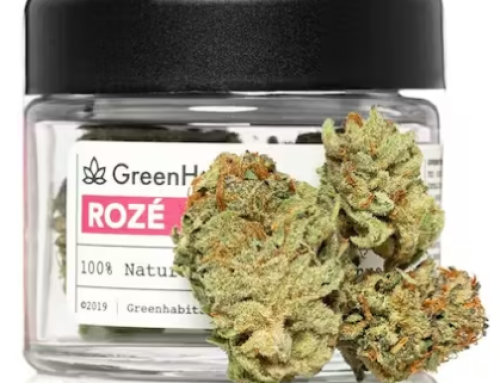Here are 10 lesser-known facts about cannabis:
- Ancient History: Cannabis has been used for thousands of years, with evidence of its use dating back to ancient China in 500 BC, where it was used for medicinal and industrial purposes.
- Endocannabinoid System: The human body has an endocannabinoid system, which plays a crucial role in regulating various physiological processes, such as mood, appetite, pain, and sleep. Cannabis compounds interact with this system.
- Hundreds of Compounds: Cannabis contains over 100 different compounds called cannabinoids, with THC (tetrahydrocannabinol) and CBD (cannabidiol) being the most well-known. Each cannabinoid has unique effects on the body.
- Entourage Effect: The entourage effect is the theory that the various compounds in cannabis, including cannabinoids and terpenes, work together synergistically to produce a more significant therapeutic effect than individual compounds on their own.
- Hemp vs. Marijuana: Hemp and marijuana are both cannabis plants, but they have different chemical compositions. Hemp has low THC content (0.3% or less) and is primarily grown for industrial purposes, while marijuana is cultivated for its psychoactive effects.
- Cannabis Legalization: As of my last knowledge update in September 2021, cannabis had been legalized for recreational use in several countries and states, while medicinal use was allowed in even more regions. The legal landscape regarding cannabis is continually evolving.
- Cannabis Terpenes: Terpenes are aromatic compounds found in cannabis that contribute to its flavor and aroma. They also have potential therapeutic properties and can influence the overall experience of consuming cannabis.
- Cannabis as Medicine: Cannabis has been used as a medicinal plant for various conditions, including pain management, nausea relief (especially for cancer patients undergoing chemotherapy), and epilepsy treatment. Research into its medical applications continues.
- Cannabis Strains: There are numerous cannabis strains, each with its unique combination of cannabinoids and terpenes, resulting in varying effects and flavors. Some strains are more energizing, while others are more relaxing.
- Environmental Impact: Cannabis cultivation can have significant environmental consequences if not managed sustainably. It requires water, nutrients, and energy, and illegal cultivation operations can harm ecosystems. Sustainable practices are being developed to mitigate these issues.
Shop Online for Best Quality Cannabis Flowers – Visit Our Store or Order Online Now




